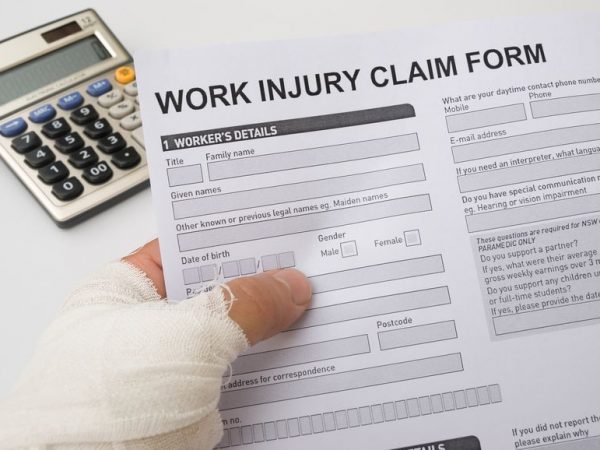
Settle your old Ohio Workers’ compensation claims for cash
Ring in the new year with extra money
All 2010 Workers’ Compensation claims for state-funded employers are out of the experience on January 1, 2015. This means that the employer does not need to sign off on a C240. If you have a claim, let Taubman Law prepare the paperwork properly and exclude and/or include any other claims, and obtain max value for you.
COMMON QUESTION we get asked at Taubman Law: What does it mean when a lawyer says a workers’ compensation claim is “in or out of an employers experience”?
Each workers’ comp claim, whether for state-funded or public employees not self-insured, has a reserve or potential cost amount assessed against the employer’s reserves (expenses) based on the nature of the injury, its potential severity, and the types of compensation most likely to be paid to the claimant.
In a state-funded claim, this reserve is assessed over a five-year period. After five years, the claim no longer costs the employer money. However, if he can settle the claim while its in his experience for less than the amount set aside, he can save some money and perhaps the injured worker can move on with their life.
This line of reasoning is also applicable to public employees such as cities (Cleveland, Akron, Columbus) school districts, police departments, EMS, and fire personnel. The only difference is their employers are called “retro” employers, meaning they pay the claim dollar for dollar and their reserves are assessed for 10 years instead of 5.
For example, Bruce Taubman and Taubman Law just settled a 2009 claim with the City of Cleveland for $35,000 where the claim has obtained a large PPD (permanent partial disability) a maxed out TTD (temporary total disability), and was on WWL (working wage loss). The City of Cleveland reserves were $100,000.00 over the next four years. Money now is worth more than spreading that money out over time, and Taubman Law was able max out our client’s claim before negotiating a settlement that all parties were able to agree with.
…
This post was written by Bruce Taubman, a Cleveland, Ohio attorney who has been practicing plaintiff work for nearly 40 years. You can reach out to Bruce at brucetaubman[at]taubmanlaw.net.




